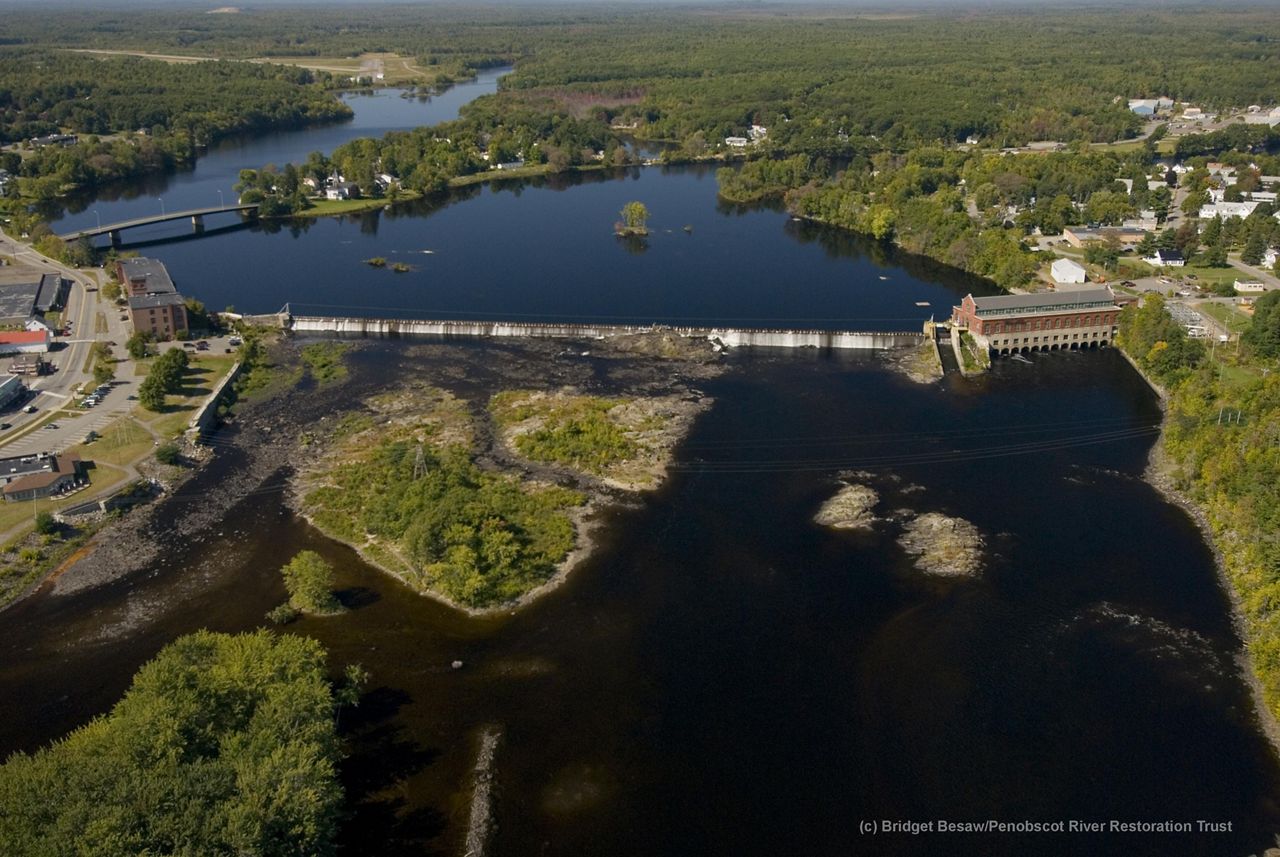Maine tribal leaders, lawmakers and dozens of other residents voiced impassioned support Tuesday for a bill that would recognize self-governance rights for the state’s four federally recognized indigenous tribes, reversing decades of state law that has bucked national norms.
Supporters say the bill, which got a public hearing in the legislature’s judiciary committee, would put Maine in line with federal law and all other states in letting the Wabanaki tribes control issues like environmental protection, economic development and criminal justice on their land.
“Supporting this shows my children that they are human, valued, recognized and equal to others. Opposition teaches them that they are viewed as less than,” said Penobscot tribal council member Lee Francis, noting that students from the tribe were watching the hearing online. “I know that life, I have lived that life, and that is not what I want for our children.”
The bill would reform the 1980 Land Claims Settlement Act that now governs Maine’s relationship with the Penobscot Nation, Passamaquoddy Tribe, Houlton Band of Maliseet Indians and Aroostook Band of Micmacs. Many tribal members say the law means they are treated as wards of the state or municipalities, rather than millennia-old sovereign nations.
“Since its inception, the state of Maine has taken a racially charged, paternalistic stance against the tribes, viewing us not as equals but as less than human,” Penobscot community organizer Lokotah Sanborn told legislators. “The way the land claims have been interpreted is a blight on Maine’s historical record – a blight that you have the ability to cease from recurring.”
Only one person spoke in opposition to the bill at Tuesday’s hearing – Jerry Reid, the chief legal counsel for Gov. Janet Mills, who vetoed part of this same bill in 2021. Reid said the governor feels the bill is too broad and could have “unintended consequences,” but said she hopes to address some related issues with narrower legislation slated for a committee hearing Thursday.
That same day, the judiciary committee will also hear an emergency bill to provide clean water for part of the Passamaquoddy Tribe’s lands that have struggled with contamination.
Non-native people from environmental groups such as 350 Maine, Citizens’ Climate Lobby and Community Action Works said the sovereignty bill will let Maine’s tribes join the state in fighting climate change, and protect themselves from disproportionate effects of environmental racism.
Cumberland resident Adam Lee, the chairman of Lee Auto Malls, urged lawmakers to prepare to override a veto if Mills hands one down. He said anyone who has ever referred to someone not born in Maine as “from away” should reflect on their history relative to the Wabanaki people.
“Archeologists believe (the Wabanaki) have lived here for over 13,000 years, since the last ice age,” he said. “Why should a group of people that once populated all of Maine, since the beginning of time, have to ask permission to do anything? … The Wabanaki are the only people in Maine who are not from away.”



